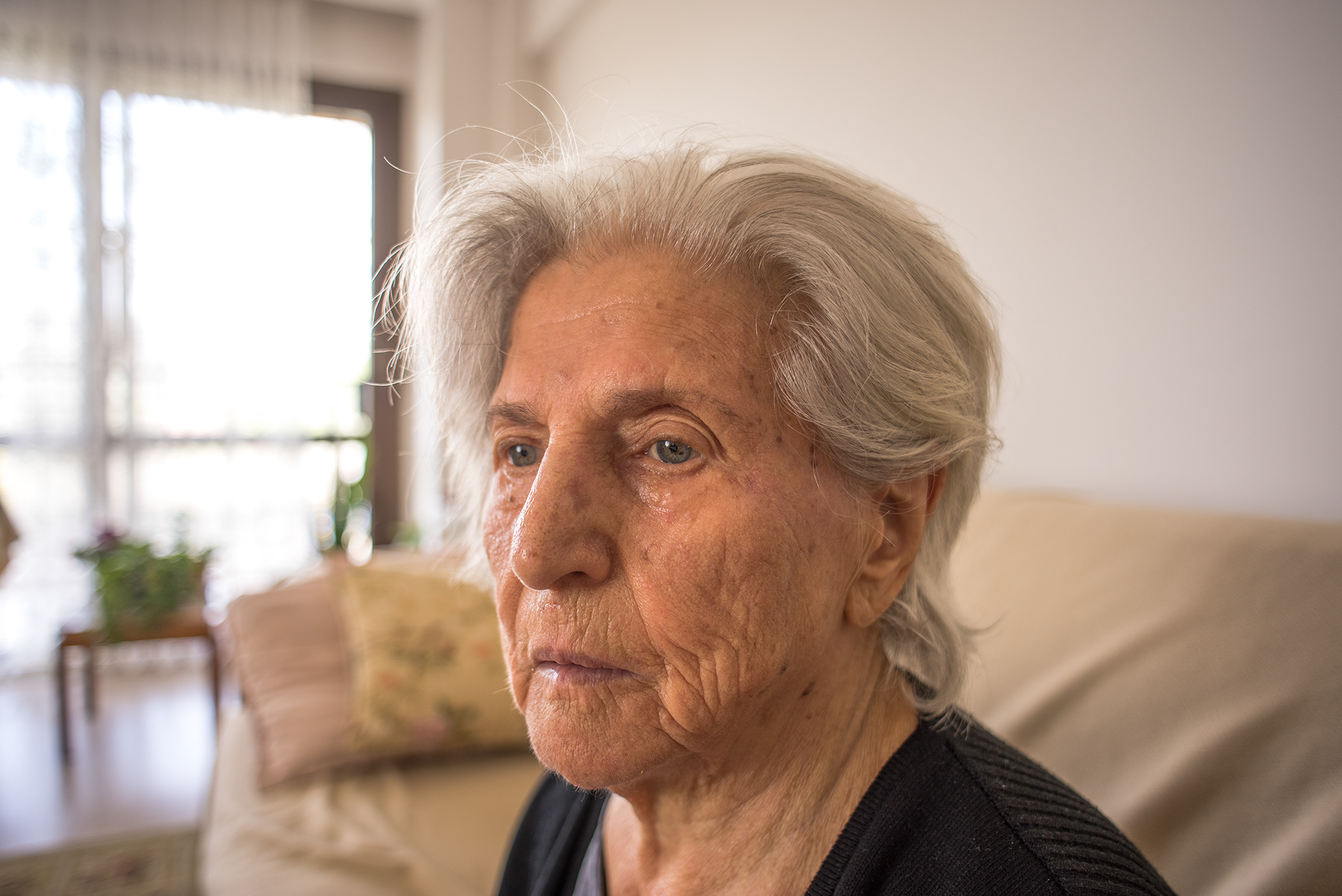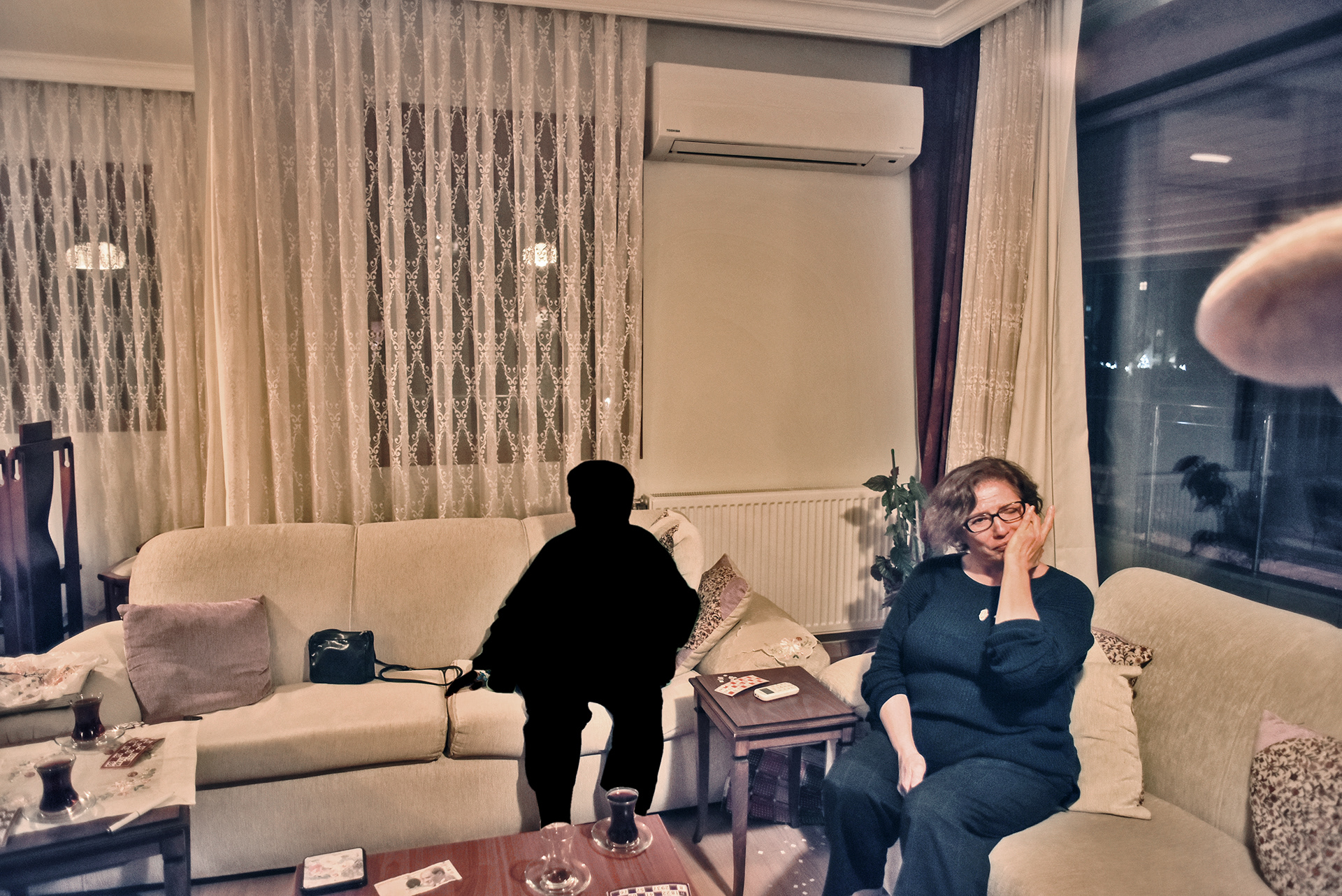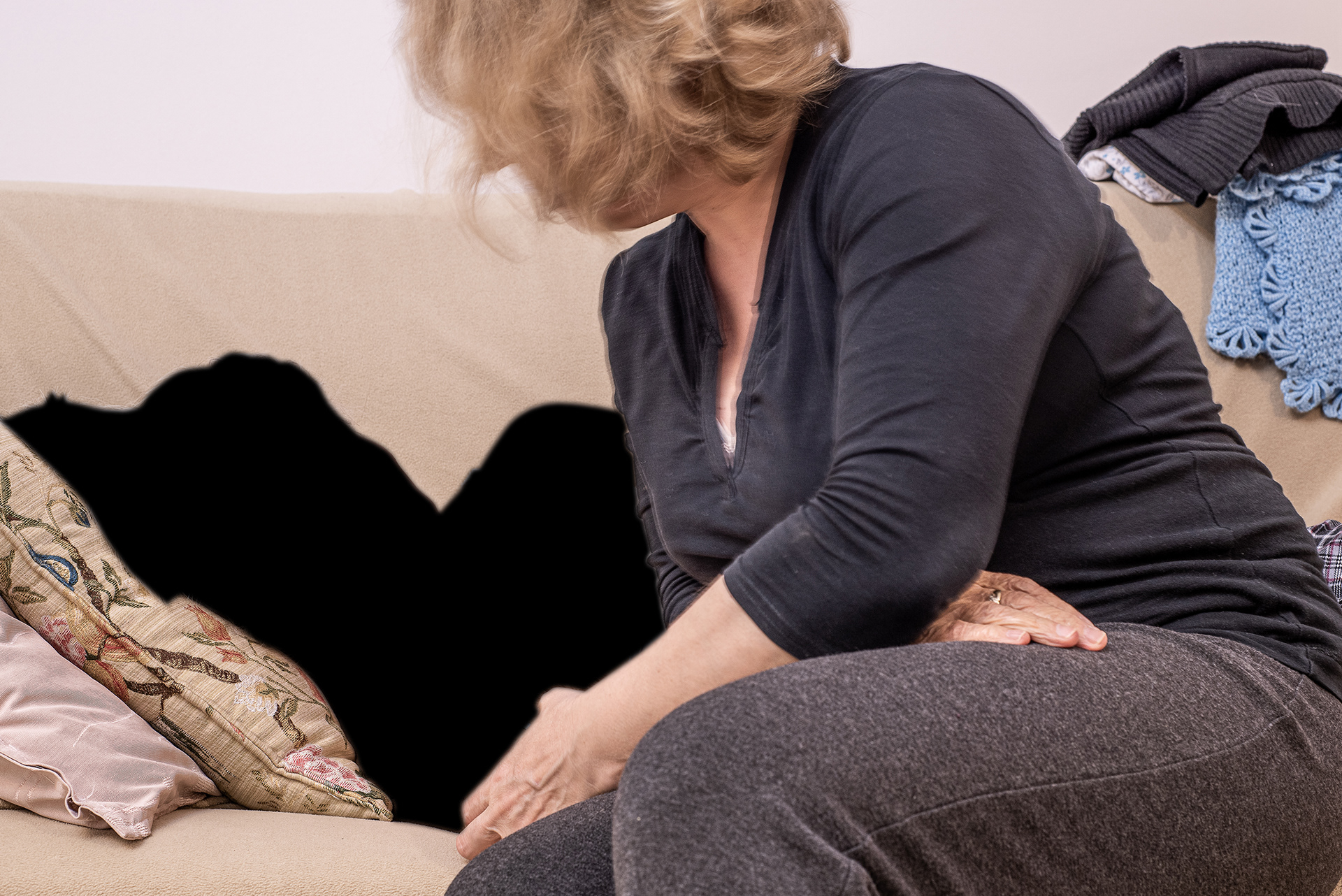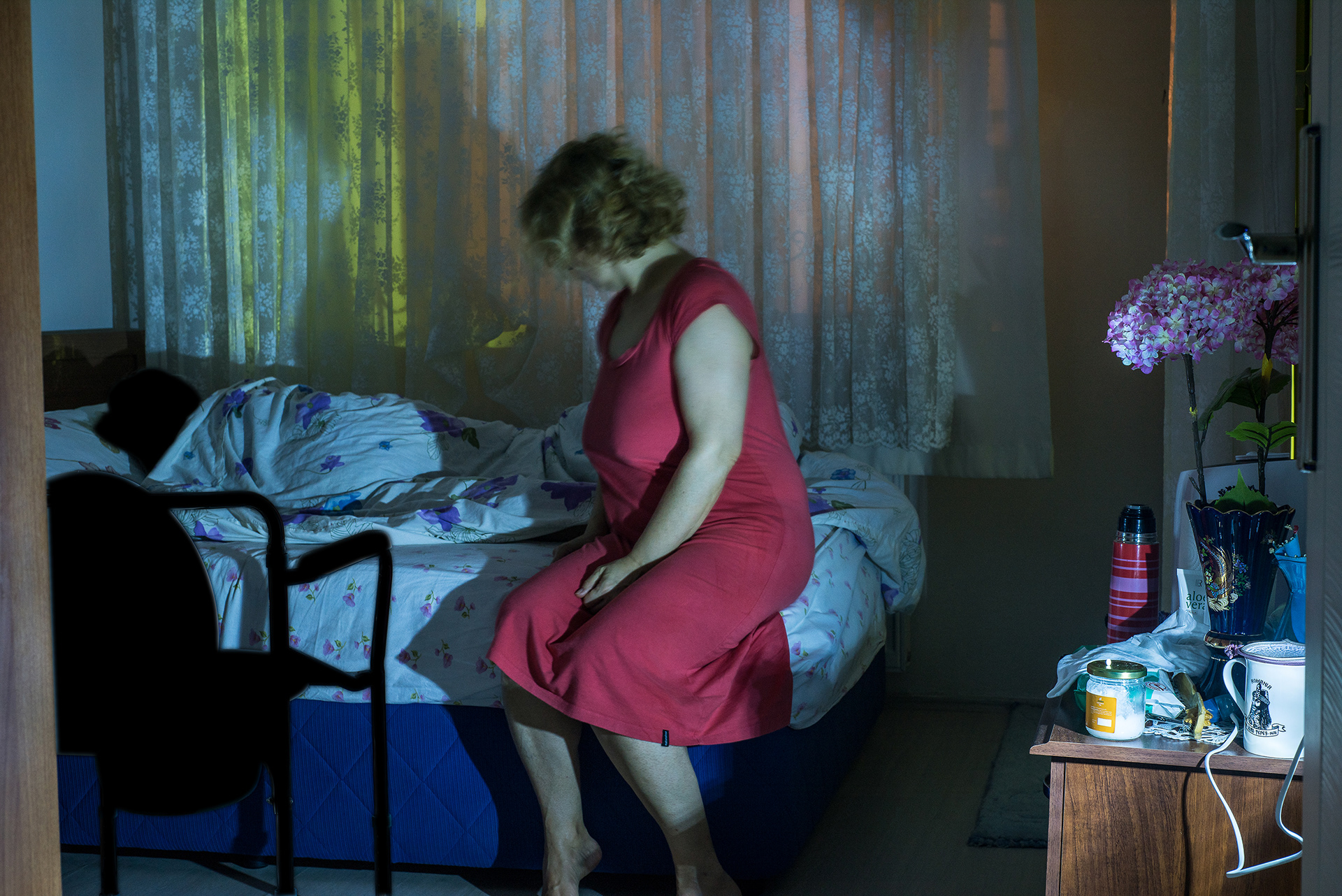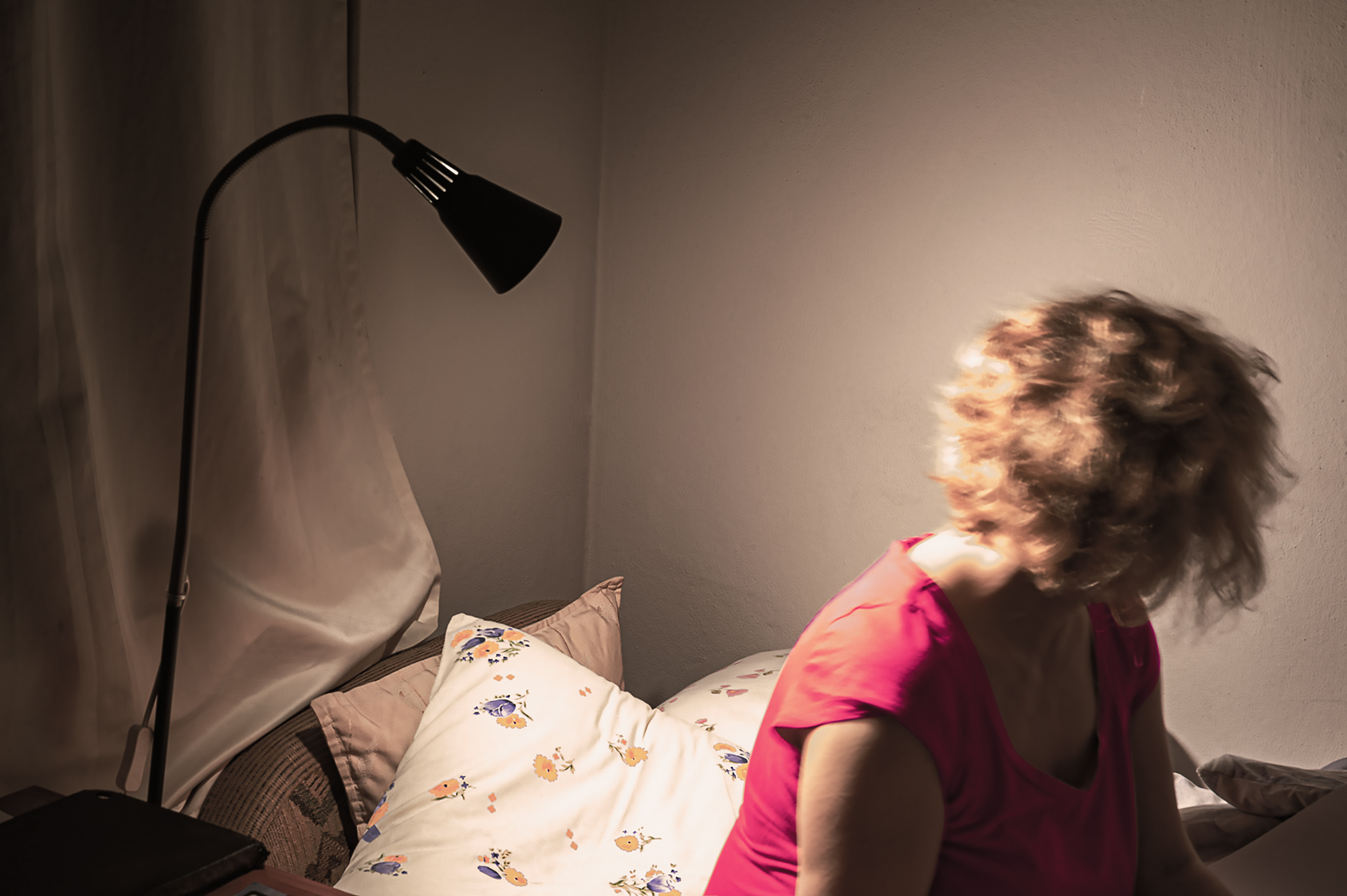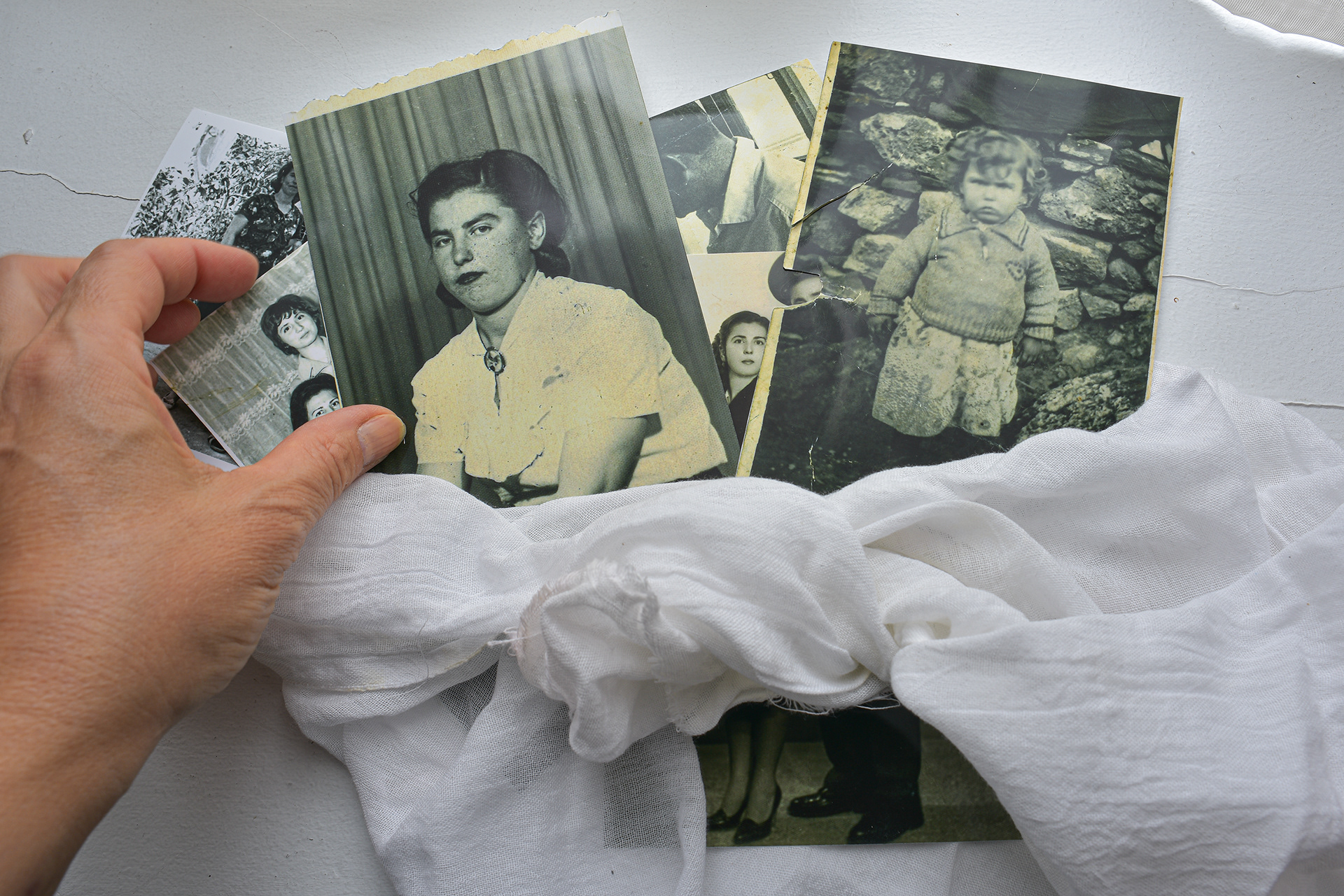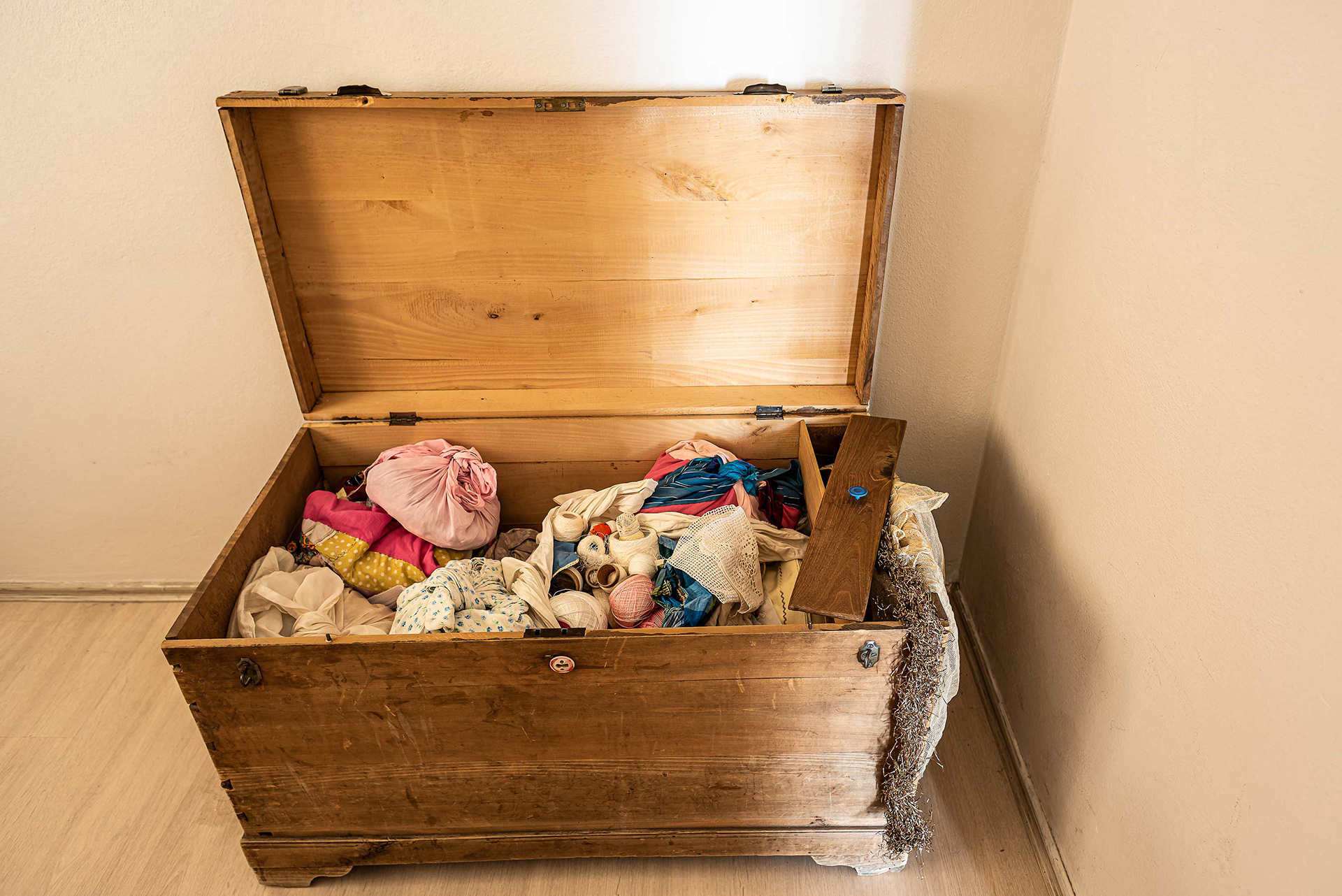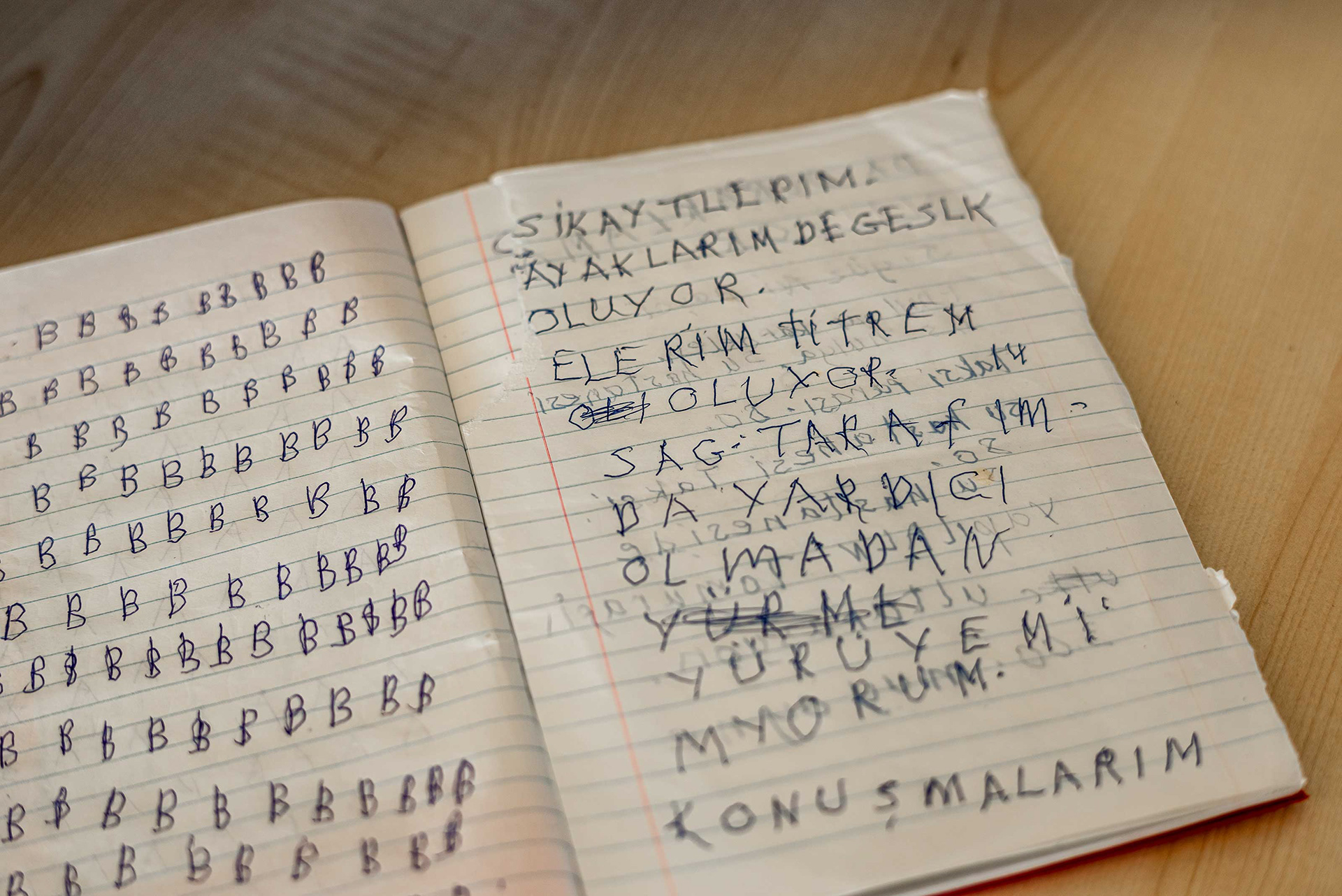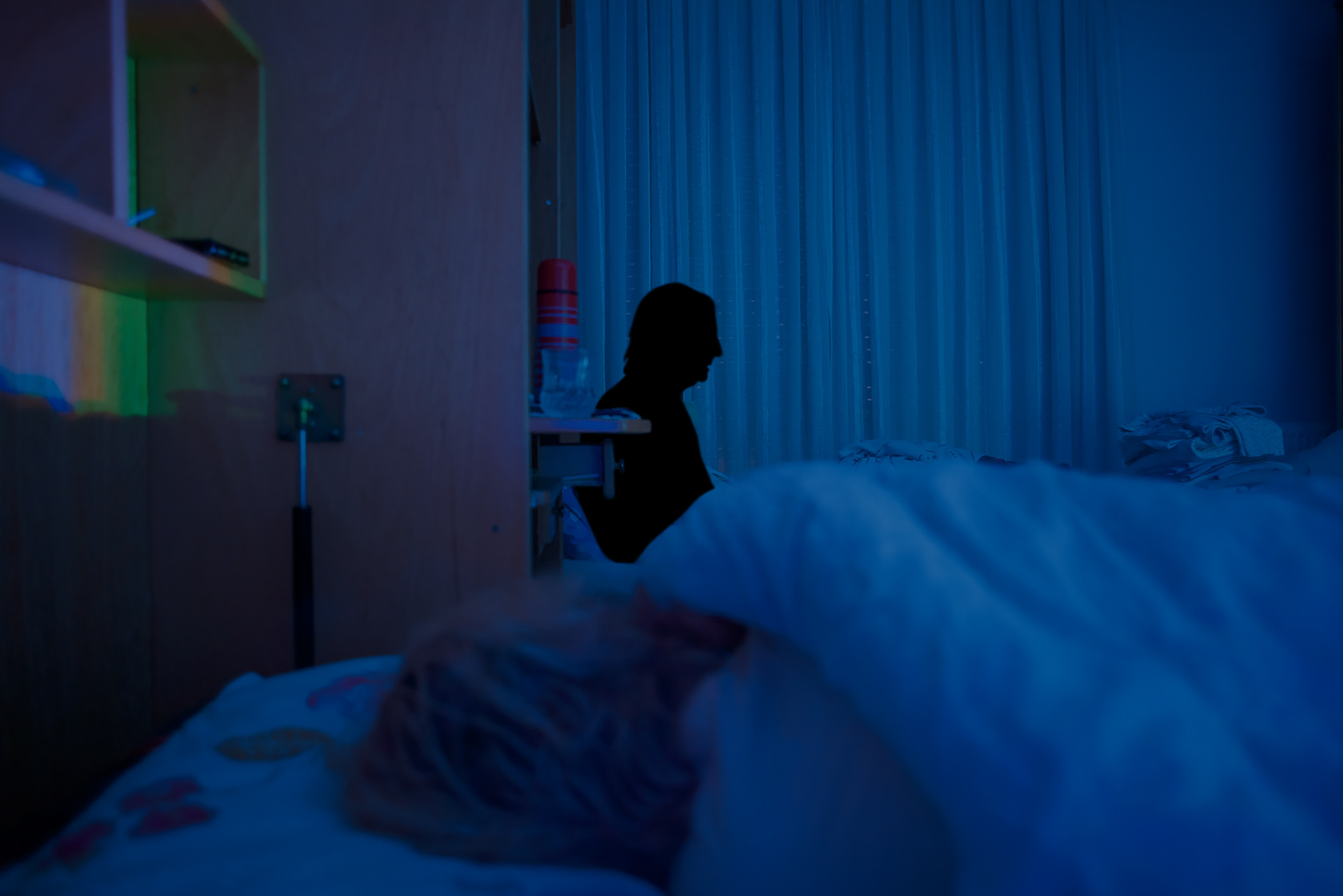The story is about my mother, who is in her early eighties now. Until November 2017, she was a self-contained and good-looking woman because she had her regular check ups. She had been living alone for eighteen years since the passing of my father. I always believed older people were very knowledgeable and could overcome the unexpected events, but for this time my mother refuted me. I felt something had started to change in our phone conversations, as she had started to forget what she needed to say and freeze when she was talking during these days in 2017. One specialist, who was introduced by my sister’s friend, diagnosed my mother with Dementia after seeing her brain magnetic resonance imaging. Without doubt we decided to fight with this illness and my sister left the neurologist to decide which treatment should be done. I traveled to Turkey from Switzerland as soon as I heard what my sister planned to do. I detected many signs in my mother, like sad moods , including tears and lethargy. For example, she had started not to cook, while she used to cook festive food during my stays. Furthermore, she had contemplative looking and she had also started to have difficulty walking.
On the other hand, being in this situation and continuing our daily life was not easy for us. While the medications were heavy and had side effects, unfortunately my mother was also hospitalized for two weeks during New Year holiday due to her bronchitis. I brought the doctor’s attention to the number of medications, which was fourteen. Eventually, she got worse and it was heartbreaking to see her becoming incapable in her daily routines and sleep deprived, which was related to her loosing sense of ‘time’. Our lives changed dramatically in a couple of months. Moreover, we felt that we were miserable for seeking some specialist’s assistance for being good caregivers.
After two months, I tried to persuade my sister that if we continued with this heavy chemical medications, our mother would worsen day by day and we would loose her. She agreed with me and we went to another specialist called the geriatrician.
In the first step in her consultation room I felt positive when I saw how the doctor dealt with her patients enthusiastically. She put my mother to a mini-mental state examination, and a consultation with the physiologist and neurologist. The test result showed that she had dementia , but the physiologist insisted this was a kind of elderly depression. At the same time, we considered how safe her living place was and started to act. How much we realized before we faced these difficult situation but I became aware that the city life was not designed for elderly people and homes too. I moved her to another living place which made her mobility easier with ramped paths and gave her high strain with a green environment and better neighborhood. I did some research and found that Mediterranean diet rich in fruit, vegetables and cereals, and low in red meat and sugar could help reduce dementia risks.
Dementia is increasing every year and the reality is that there is no way to stop it. I heard the number of people living with this disease will be increasing to 75 million by 2030. Caring for a person with dementia is overwhelming for care givers. This story shows a misdiagnosis possibility for dementia disease which causes some damages reasonably for taking the messenger chemicals. Moreover, being willing to talk about medical errors with the doctor brings more transparency than trusting and accepting their first diagnosis. The question that needs to be answered is whether the mental state examination is really enough to criticize cognitive ability without considering the impairment.
At the end, all the improvements we made in my mother’s lifestyle paid off to the point that she is now walking, speaking fluently, doing her daily activities and enjoying her life one year after her diagnosis.
On the other hand, being in this situation and continuing our daily life was not easy for us. While the medications were heavy and had side effects, unfortunately my mother was also hospitalized for two weeks during New Year holiday due to her bronchitis. I brought the doctor’s attention to the number of medications, which was fourteen. Eventually, she got worse and it was heartbreaking to see her becoming incapable in her daily routines and sleep deprived, which was related to her loosing sense of ‘time’. Our lives changed dramatically in a couple of months. Moreover, we felt that we were miserable for seeking some specialist’s assistance for being good caregivers.
After two months, I tried to persuade my sister that if we continued with this heavy chemical medications, our mother would worsen day by day and we would loose her. She agreed with me and we went to another specialist called the geriatrician.
In the first step in her consultation room I felt positive when I saw how the doctor dealt with her patients enthusiastically. She put my mother to a mini-mental state examination, and a consultation with the physiologist and neurologist. The test result showed that she had dementia , but the physiologist insisted this was a kind of elderly depression. At the same time, we considered how safe her living place was and started to act. How much we realized before we faced these difficult situation but I became aware that the city life was not designed for elderly people and homes too. I moved her to another living place which made her mobility easier with ramped paths and gave her high strain with a green environment and better neighborhood. I did some research and found that Mediterranean diet rich in fruit, vegetables and cereals, and low in red meat and sugar could help reduce dementia risks.
Dementia is increasing every year and the reality is that there is no way to stop it. I heard the number of people living with this disease will be increasing to 75 million by 2030. Caring for a person with dementia is overwhelming for care givers. This story shows a misdiagnosis possibility for dementia disease which causes some damages reasonably for taking the messenger chemicals. Moreover, being willing to talk about medical errors with the doctor brings more transparency than trusting and accepting their first diagnosis. The question that needs to be answered is whether the mental state examination is really enough to criticize cognitive ability without considering the impairment.
At the end, all the improvements we made in my mother’s lifestyle paid off to the point that she is now walking, speaking fluently, doing her daily activities and enjoying her life one year after her diagnosis.
